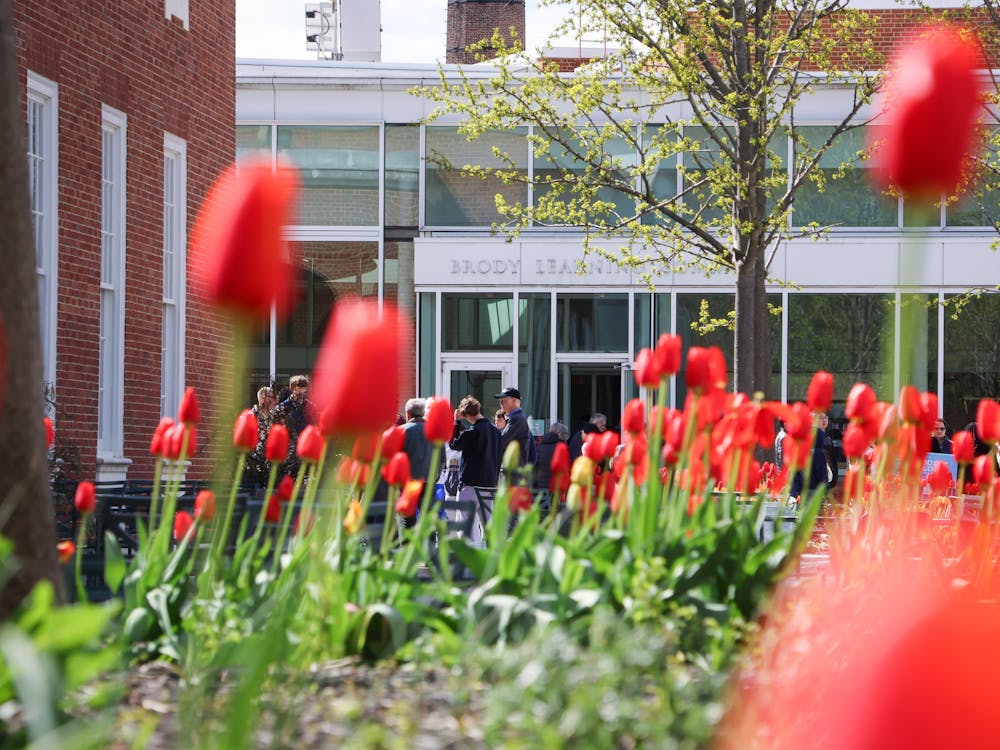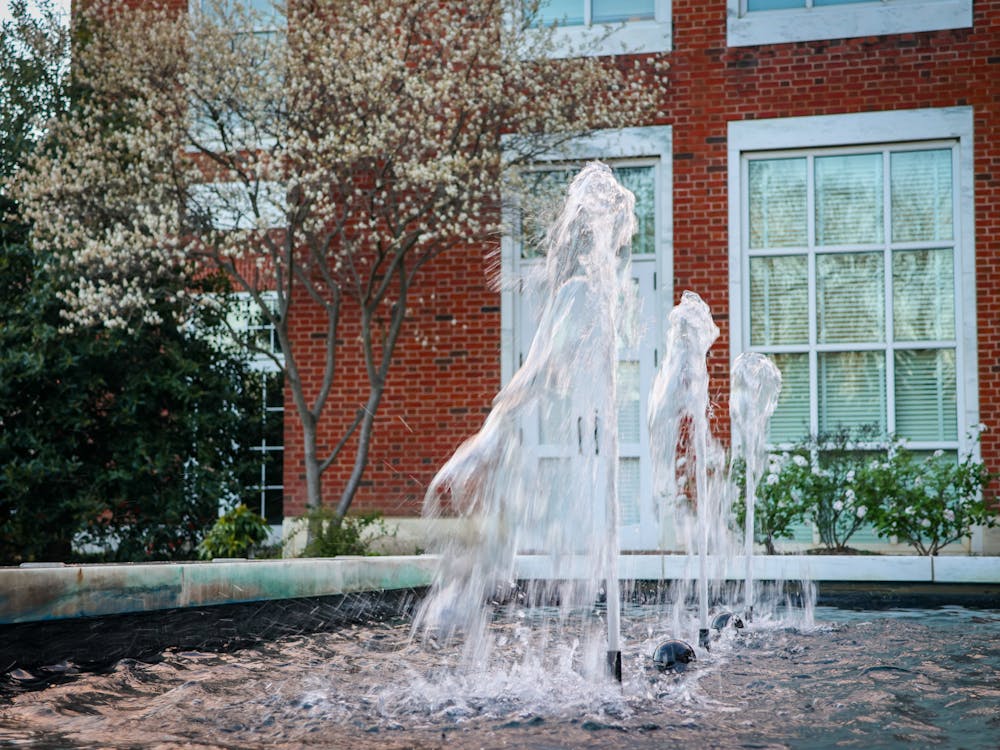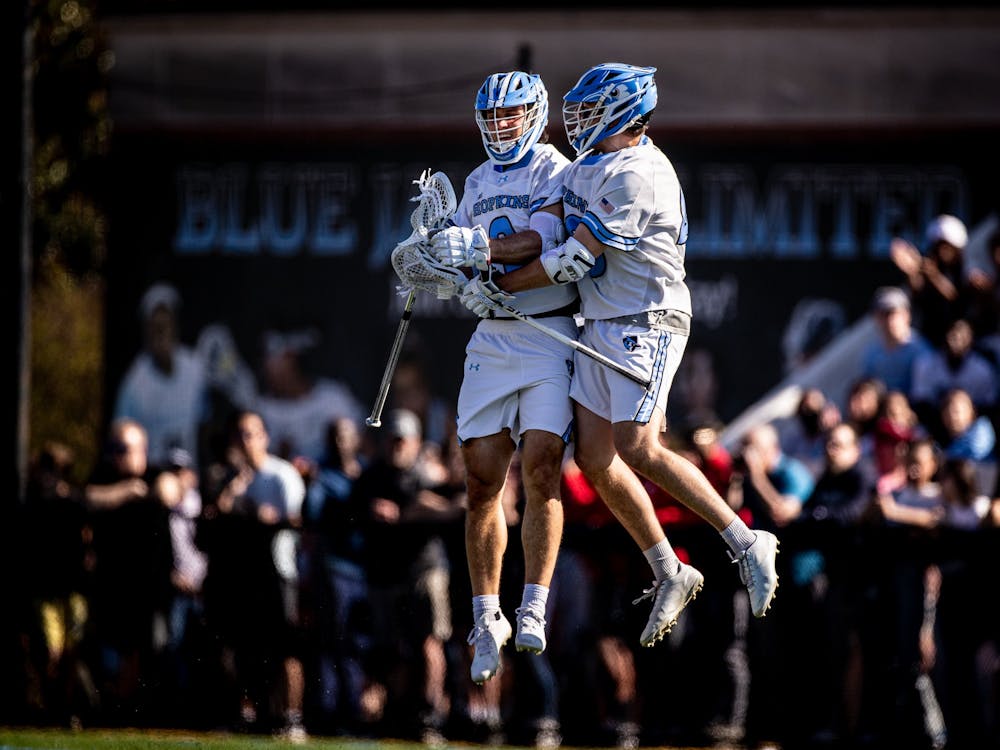Sometimes, when I’m bored and in the mood to procrastinate on the five tons of homework that I undoubtedly have, I go onto tvtropes.org and spend an hour reading the articles there.
What are tropes, you may ask?
They’re plot points, devices, and stereotypes that writers know that audiences expect and generally enjoy. They are the staple of a TV show and can often be found not only in multiple shows, but also different forms of other media, like movies and video games.
A trope that is pretty well known to anyone who has taken english classes is “Chekhov’s Gun” — a technique in which a seemingly unimportant element that was introduced early on in the plot because significat later on.
An example of a trope that is less well known from tvtropes.org is “The Blind Leading the Blind,” which describes a situation in which a person who needs advice gets help from a character who knows even less about the situation, leading to crazy failures and hilarity.
As you can see from these two examples, tropes can be used often and yet stay far from being cliche because they do not get dull and uninteresting unless used the writer is unskillful or uses them mindlessly.
Like many people, I have my favorite tropes and plot devices that make me giddy every time they show up in the shows I watch.
No, I actually get giddy. There’s audible squeeing. If you don’t believe me, ask my poor suitemate.
Here is a non-comprehensive list of tropes (named by yours truly) that I enjoy:
1. Friendship is Thicker than Blood: One of the tropes that show up across almost all my shows are psuedo-families AKA people who aren’t related, but all love and support each other (and fight) as if they were families anyway.
Examples are the gang in HIMYM, Firefly, Castle and more. Although they may have their differences, you know that they will always have each other’s back, and it’s what I’ve always wanted in a group of friends.
2. My Turn to Take Care of You: I don’t really know what to call this trope, but by “role reversal,” I mean the “strong” person being hurt and the “weaker” person having to take on the strong role.
My definition of “strong” and “weak” tend to fluctuate. On one hand, I really want Castle to be hurt and Beckett to worry (in this case, “strong” is more emotionally strong, not physically), but on another hand, I also loved the episode in Rizzoli and Isles where Rizzoli was kidnapped and Maura had to watch (so “strong” in this case is more physical).
After analyzing many of such “strong-weak” pairs, I think my definition for “strong” is the person who forges ahead and is incredibly protective over the other person in the duo. So maybe it’s less of a “strong-weak” dynamic and more of a “protector-protected” dynamic. I don’t know.
In any case, I love the role reversal, probably because it can lead to character development and growth, which is one of the requirements for me to love a show.
3. Sorry For Trying to Kill You: I love redeption arcs where previously bad people join the good guys and fight against their previous family/friends.
This is probably why I like Angel so much in Buffy the Vampire Slayer. I feel like I’m the only person who likes Angel sometimes, although I will admit that I haven’t gotten to watching “good” Spike episodes yet.
I’m sure once I get to “good” Spike, though, I’ll love him (especially because he is snarky and British).
Another notable example is Zuko from Avatar: the Last Airbender, and I’m sure there are others I’m forgetting right now.
I mentioned this in an article I wrote a couple weeks ago, but I’m pretty excited to see if Regina in Once Upon a Time also follows the same arc, as it seems like the writers are working towards that kind of plotline for her.
4. Growing Into His/Her Potential: In line with my love of character growth, one of the things I love is when someone is thrown into a situation they’re completely unfamiliar with, but manages to adapt, thrive and even love the new situation.
You see this a lot in Doctor Who, epecially with characters like Mickey Smith and Rory Williams, both of whom were incredibly skeptical and unwilling to participate or be sucked into the crazy of the world of the Doctor at first, but ended up being integral parts of Team TARDIS and forging their own paths.
Another show I watch with this trope is Grimm, where Hank has finally learned about the secret world of monsters that only Nick can see.
Although he was initially shocked, he’s rolling with the punches and learning to adapt to this new way of looking at the world.
What do all these tropes have in common?
Excepting the first one, they all have an element of surprise: all of the characters involved make decisions the audience might not have expected them to make.
And because people in real life do often make surprising decisions, these plot devices lead naturally to organic growth in the shows these characters are in, making the whole thing seem more realistic, no matter if they’re set in Sunnydale, Fairy Tale Land, or New York City.
In fact, bringing an element of realism to stories set in fake worlds helps me connect to the characters and actually care about their fates.
It’s tropes like these that make me care about John and Sherlock’s friendship in Sherlock, and it’s these sorts of plot devices that cause me to cry when Amy and Rory are sent back in time by a Weeping Angel despite this obviously being an impossible event in the “real world.”
These tropes are what bring the impossible into the real world.






















Please note All comments are eligible for publication in The News-Letter.